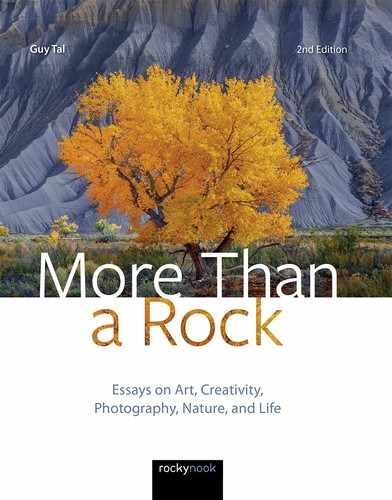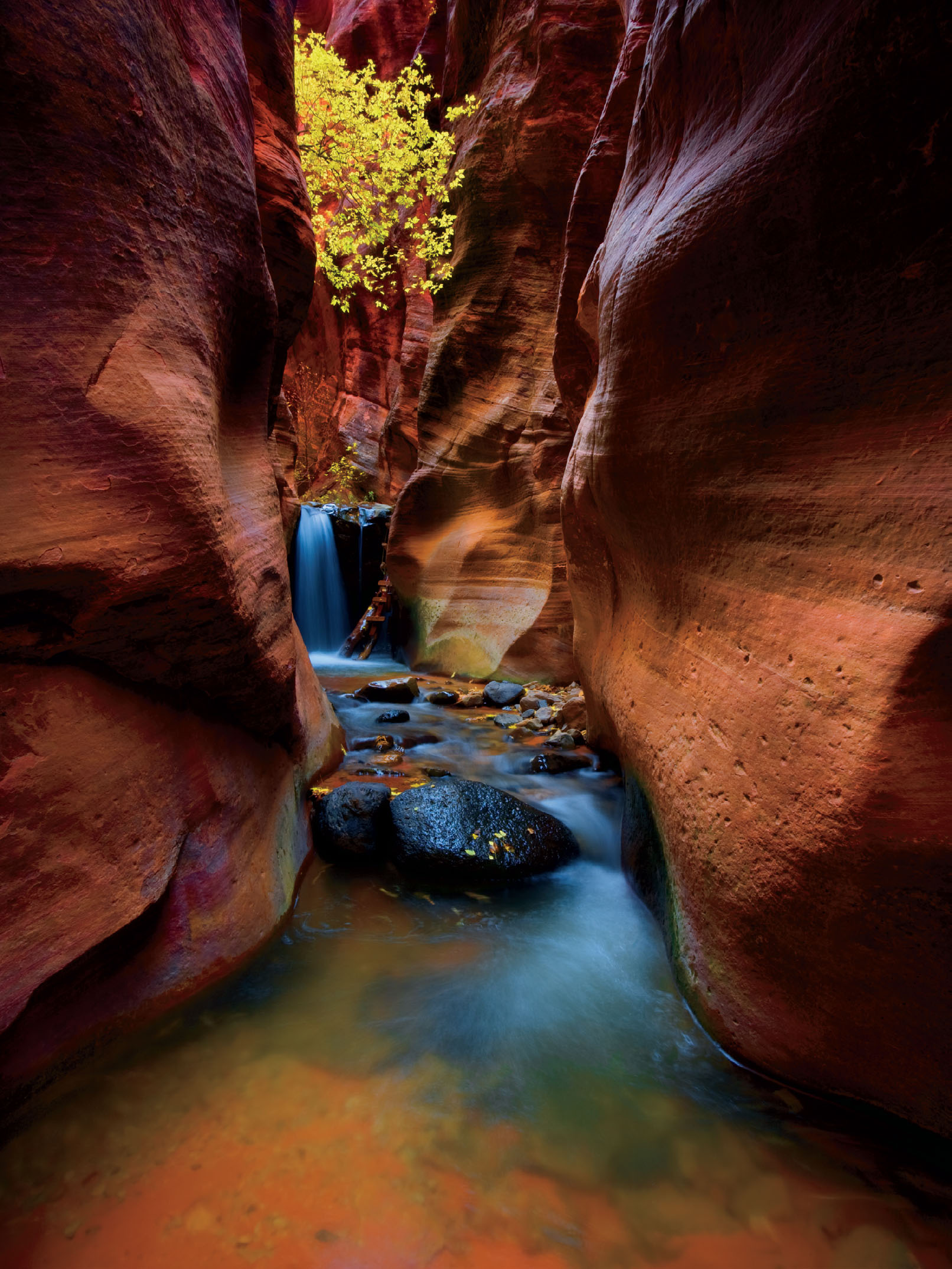56Big Thoughts
Let your soul stand cool and composed before a million universes.
—Walt Whitman
We live in momentous times, although I don’t think many people ponder this fact in the course of daily life, which is a shame. We are in the midst of a mass extinction of life on planet Earth, and by now have irrefutable evidence that many of the things we take for granted as characteristic of human experience will not be sustainable for much longer, and will at some point in the foreseeable future need to change if we, and many other species, are to persist. In the words of Jared Diamond, “the world’s environmental problems will get resolved, in one way or another, within the lifetimes of the children and young adults alive today. The only question is whether they will become resolved in pleasant ways of our own choice, or in unpleasant ways not of our choice.”
Even if our collective temperament may ultimately prevent us from collaborating as a species to choose the “pleasant ways” Diamond refers to, as individuals we may still choose to face our challenges with a sense of reverence and marvel, rather than anger and anxiety; with acceptance, rather than denial; with empathy, rather than blame and guilt. In making such choices we are more likely to elevate ourselves above the bothersome minutiae of the day, and above whatever hardships we may yet face. We may choose, if we wish, to acknowledge our small and temporary place in the tapestry of existence and make the most of it with gratitude rather than indignation, and with humility rather than hubris. Such choices in the face of events outside our control will decide whether we live our days in contentment or in misery, no matter the circumstances and no matter their outcome.
I can’t begin to describe how much more meaningful my life has been for taking the time, often, to think big thoughts; to ponder as much knowledge as I can assimilate, even at a layperson level; to contemplate the nature of being; to absorb as much as I can from such sciences as cosmology, quantum mechanics, neuroscience, psychology, and evolutionary biology; and to put such knowledge in the context of philosophy and art, making it not just theoretical but practical and applicable, factoring into my most important life choices.
Looking out over a landscape made of large sandstone domes, I admire the magnitude of what were once giant sand dunes accumulated over tens of millions of years. Graceful striations and cross-bedded layers in the rock seem yet more fantastic to me with the knowledge that they are the preserved imprints of meandering winds that swept over this area some two hundred million years ago, when no humans existed, here or anywhere. As I descend toward older layers, I find fossilized ripples formed by waves once lapping the shores of an ancient sea. Here and there, the remnants of ancient trees in the form of petrified wood hold the appearances and textures of grain and bark so well as to be almost indistinguishable by eye from those of living trees. These trees, I know, had lived in a world without flowers, which had not yet evolved. From my camp on the rim of the deep Colorado River canyon I am able to see layers deposited more than a billion years ago, when no life existed on land, and when the sun illuminated grand vistas before there were any sighted creatures to see them. Even in its current geologic incarnation, this place looked quite similar to the way it does today for millions of years before humans ever set foot in it, a mere few thousand years ago, and likely will maintain its high-desert character for a few million years after humans are no more, and before eroding away.
On a dark night, I find profound peace peering into the universe with the knowledge that each dot of light in the heavens consists of photons that traveled immense distances, at times for thousands or even millions of years, traversing space at the speed of light, to be detected at this moment by specialized cells in my eyes—a biological mechanism hundreds of millions of years in the making—and to be perceived by my brain, which is a more complex structure than any other we know of in the universe so far. I also know that some of the greatest mysteries, such as the relativity of time, wave/particle duality, quantum entanglement, and other phenomena, are so far beyond my ability to understand and experience that I can only imagine their implications from mathematics that defy sense, common or uncommon.
Close by, a beautifully crafted stone tool I found in a shallow wash reminds me that, although our species has gained much knowledge and technology in a relatively short period, we still are, and forever will be, primitive beings—tiny threads in a multidimensional tapestry stretching far beyond our ability to know, or even imagine, what “it” is ultimately about, if anything. And yet, I believe we must try, even knowing that such attempts are doomed to fail, because by trying we push our minds to their limits and are able to transcend much of the ignorance, superstition, cynicism, and shortsightedness that are as much a part of our primitive psyches as our most noble accomplishments. Put another way, to push ourselves intellectually is to move beyond the instincts we inherited from our reptilian ancestors—the things that make us feel stressed and miserable, angry and violent, anxious and helpless, scared and vulnerable, vain and greedy, often for no reasons relevant to our present state.
To accumulate and to assimilate knowledge is the most effective way of deepening the living experience. Just as important, it is the most effective way of making the most of our short life spans and limited capacities. To know and to appreciate how truly grand existence is, which we can do to a considerable degree beyond our everyday experiences, is to gain the loftiest perspective we are capable of; it is transcendence made visceral. In a time when so much knowledge is accessible to so many, it seems a shame to become preoccupied instead with lesser pursuits.
Philosophers such as Seneca, Schopenhauer, and Nietzsche proclaimed life to be full of tragedy and misery, requiring conscious effort to, in a sense, deceive ourselves into finding meaning in it. In truth, existence is neither cruel nor virtuous, but indifferent. Things are what they are, and it is for us to make the most of being what we are. What a great privilege it is to have the freedom, the intellect, and the wisdom to strive to understand what is true, rather than be bound by necessity and ignorance. Not everyone is so fortunate as to be free from coercion, persecution, subjugation, and oppression; and so, it becomes the true test of those who have such privilege and opportunity to make something of it—to elevate ourselves beyond the base and the ordinary.

